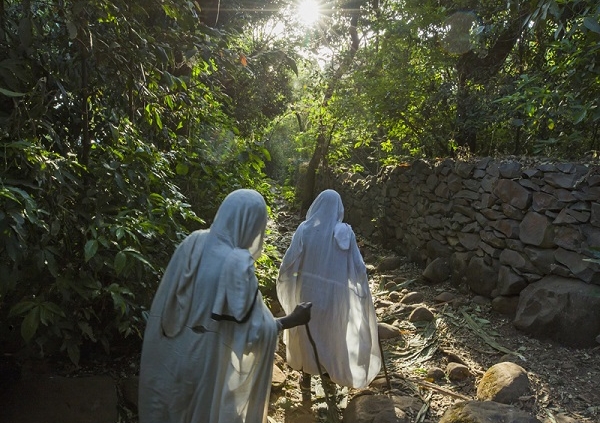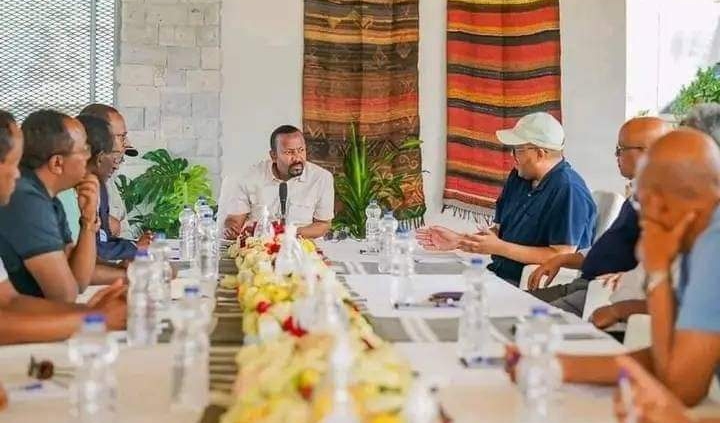The Ethiopian government’s plan to disarm regional forces has led to protests and a deadly confrontation in the northern Amhara region, raising concerns about territorial control and vulnerability to ethnic attacks. According to The Washington Post, at least four people were killed, including two Ethiopian aid workers, in a clash between the federal military and the volunteer civilian Amhara militia called Fano. The situation poses a challenge for the Ethiopian government, which is grappling with ethnically based political movements that could threaten Ethiopia’s unity.
The federal government announced the integration of regional forces into federal forces, which sparked protests in Amhara, where leaders fear they may be forced to cede territory gained during the recent peace deal with Tigray. If parts of the Amhara forces rebel, the federal government could face armed insurrections in the country’s two most-populous provinces, Amhara and Oromiya. The recent unrest has led to the arrest of six Amhara journalists, while PM Abiy Ahmed warned that the federal government would not tolerate opposition to the disarmament decree.
Update: Amhara militias (Fano) attacked the Kombolcha defense camp today, resulting in the death of one soldier. In response, the Federal Defense Forces took action, killing four Fano members and injuring 11 others. Within 30 minutes, Kombolcha was entirely secured by the defense forces, and the situation has since remained calm with no further incidents.
Southern Ethiopia is facing a severe drought, with livestock dying and over 100 residents hospitalized due to malnutrition, according to Reuters. After five failed rainy seasons, the region is experiencing the Horn of Africa’s worst drought in decades. Nearly 12 million people are food insecure in Ethiopia’s drought-stricken areas, according to the United Nations.
While no fatalities have been directly attributed to the drought in the Oromiya region, humanitarian workers expect that to change. Locals say aid has been insufficient and slow, with the government acknowledging the inadequacy of available resources. The situation risks exacerbating an already dire humanitarian crisis in the country.
Ethiopia received only half of the required $3.34 billion for humanitarian needs in 2022, with resources stretched thin due to the fallout from the two-year war in the northern region of Tigray, which ended last November after tens of thousands of deaths.


